Summaries of books about Biology:
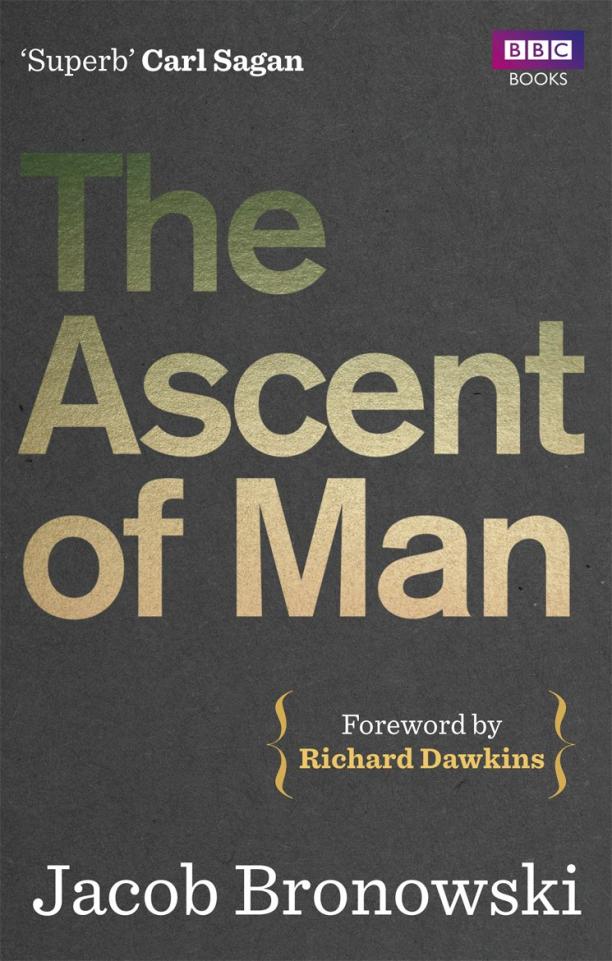
The Ascent Of Man
Jacob Bronowski
The book presents a historical account of human development and scientific progress, exploring the evolution of human society through its relationship with knowledge and discovery. It examines the intellectual achievements that have shaped our understanding of the world, from ancient civilizations to modern scientific breakthroughs.
See full summary
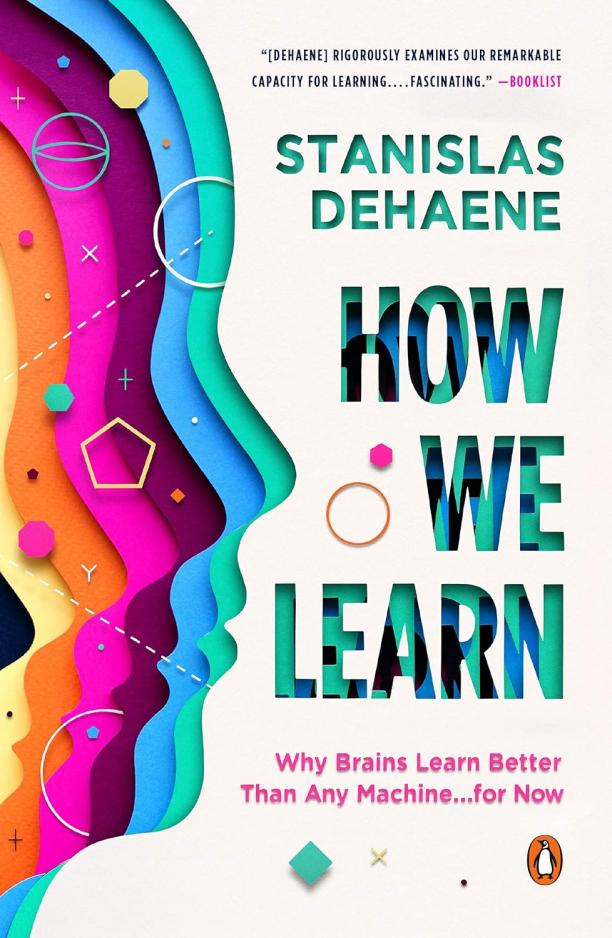
How We Learn
Why Brains Learn Better Than Any Machine . . . for Now
Stanislas Dehaene
The book delves into the cognitive science of learning, exploring the four pillars of learning—attention, active engagement, error feedback, and consolidation—and how these processes are rooted in brain function. It contrasts human learning capabilities with current machine learning technologies, highlighting the unique and sophisticated ways in which our brains adapt and acquire new information.
See full summary
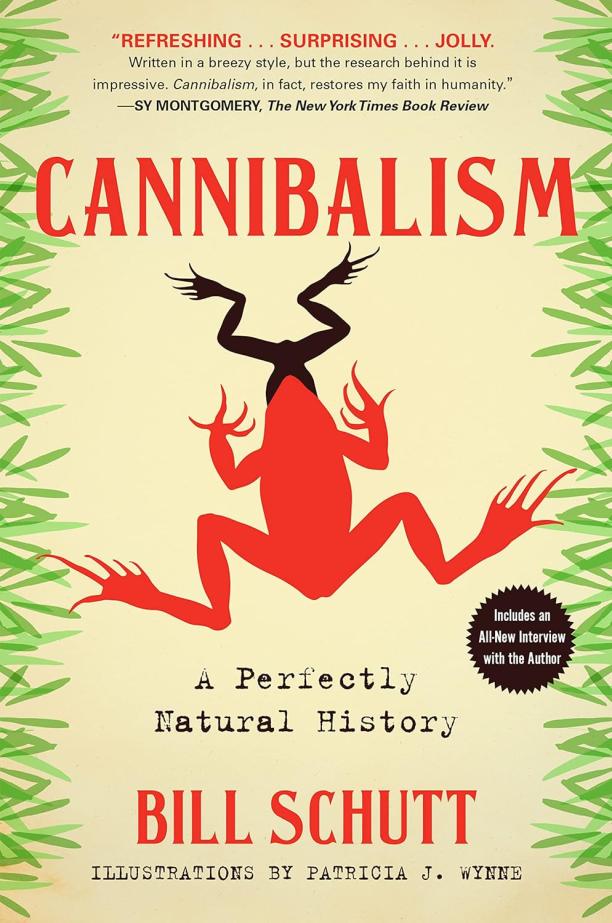
Cannibalism
A Perfectly Natural History
Bill Schutt
The book explores the natural history of cannibalism among various species, debunking myths and discussing its evolutionary advantages. It examines both the biological reasons and the cultural aspects of cannibalism in animals and humans throughout history.
See full summary
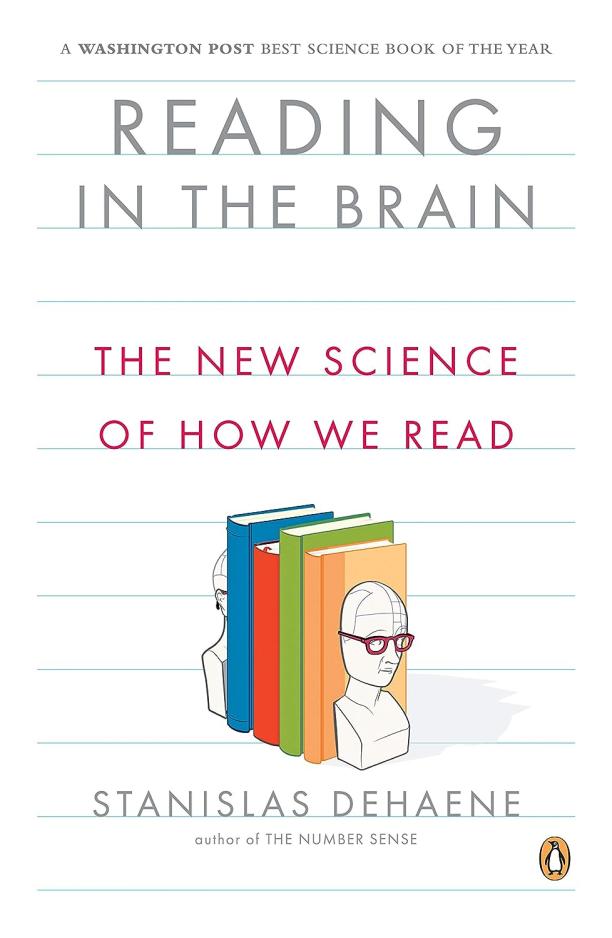
Reading in the Brain
The New Science of How We Read
Stanislas Dehaene
The book explores the cognitive science behind reading, discussing how the human brain deciphers written language through a combination of psychological experiments, neuroimaging studies, and insights from linguistics. It delves into the brain's evolution for literacy, the neurological basis for reading disorders, and the implications for teaching and technology in reading.
See full summary
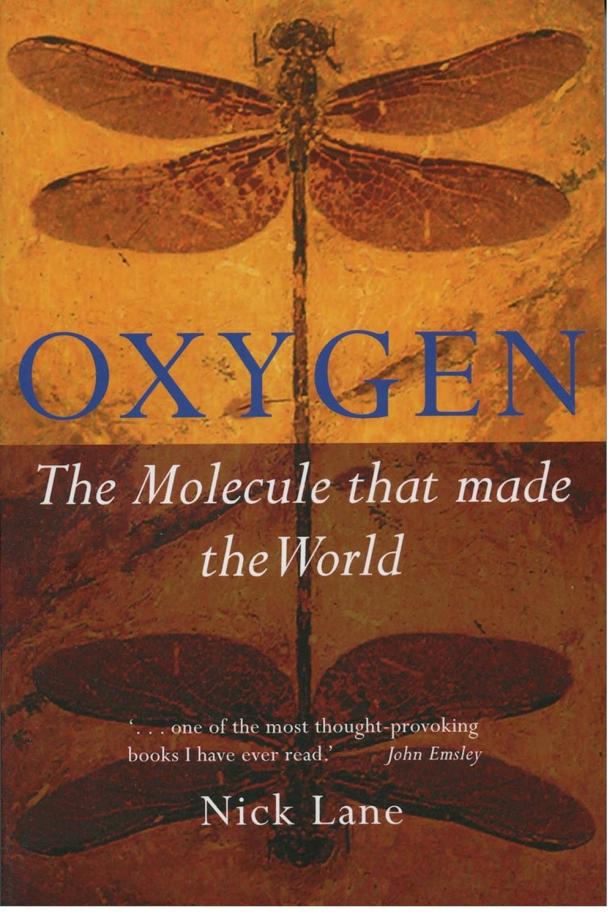
Oxygen
The molecule that made the world
Nick Lane
The book explores the pivotal role of oxygen in the evolution of life on Earth, detailing how its rise led to the development of complex life forms and influenced aging and disease. It combines scientific research with historical narrative to explain oxygen's impact on biological processes and the environment over billions of years.
See full summary
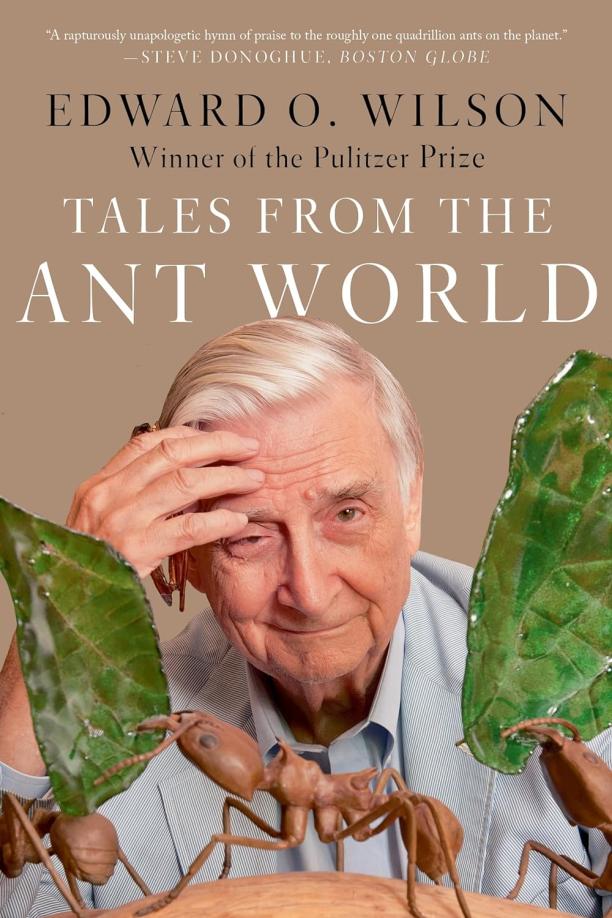
Tales from the Ant World
Edward O. Wilson
The book delves into the complex and fascinating world of ants, exploring their behavior, social structures, and the role they play in ecosystems. It combines personal anecdotes from the author's extensive career as a myrmecologist with scientific insights into ant communication, warfare, and evolution.
See full summary
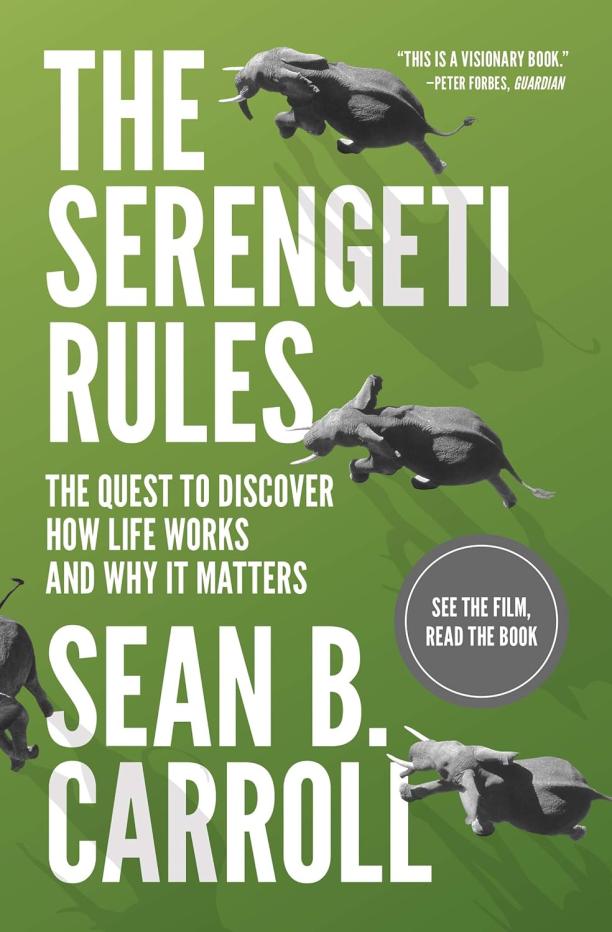
The Serengeti Rules
The Quest to Discover How Life Works and Why It Matters - With a new Q&A with the author
Sean B. Carroll
The book explores the fundamental principles that govern the functioning of ecosystems, drawing parallels between the regulatory rules that control life at the cellular level and those that dictate the balance of species in the wild. It combines scientific discovery stories with insights into conservation, emphasizing the importance of understanding and preserving the natural world's interconnected systems.
See full summary
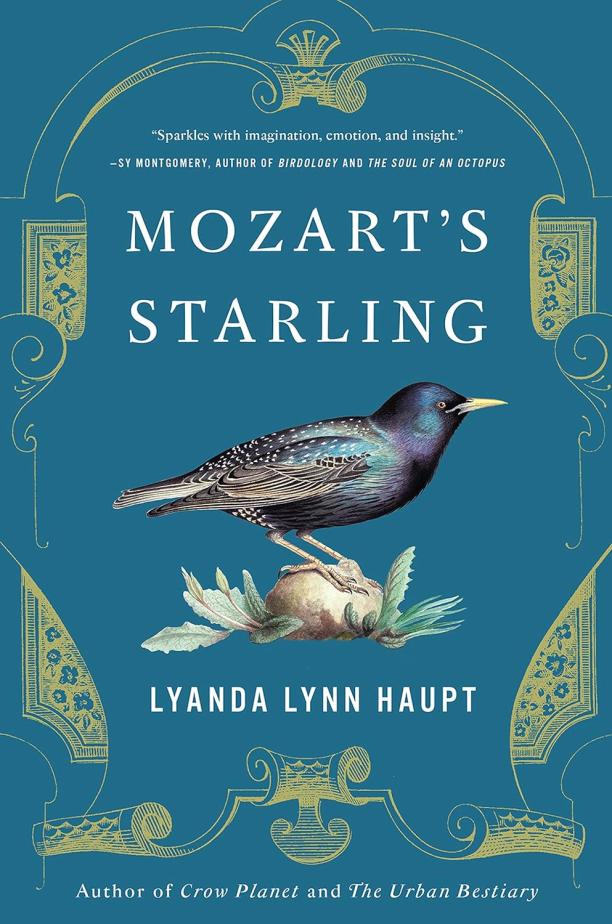
Mozart's Starling
Lyanda Lynn Haupt
The book intertwines the story of a starling adopted by the author with historical accounts of Wolfgang Amadeus Mozart's own pet starling, exploring the bird's influence on the composer's work. It delves into the connections between humans and nature, particularly the surprising and often overlooked bond between one of history's greatest musical minds and a common, mischievous bird.
See full summary
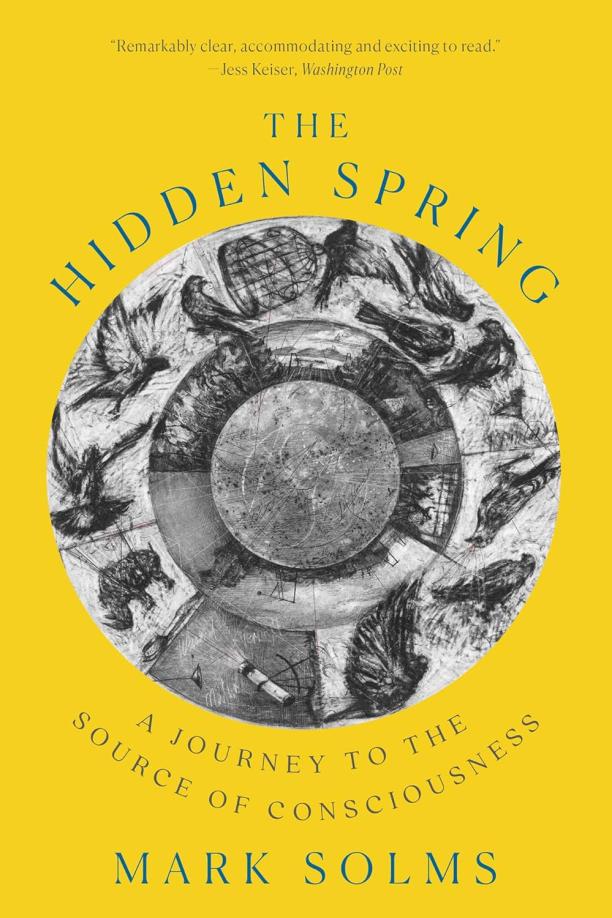
The Hidden Spring
A Journey to the Source of Consciousness
Mark Solms
The book explores the intersection of psychoanalysis and neuroscience, proposing a new theory of consciousness based on the workings of the brain's affective systems and their role in feeling and perception. It challenges traditional cognitive theories by emphasizing the importance of emotions and the subjective experience of being alive in understanding consciousness.
See full summary
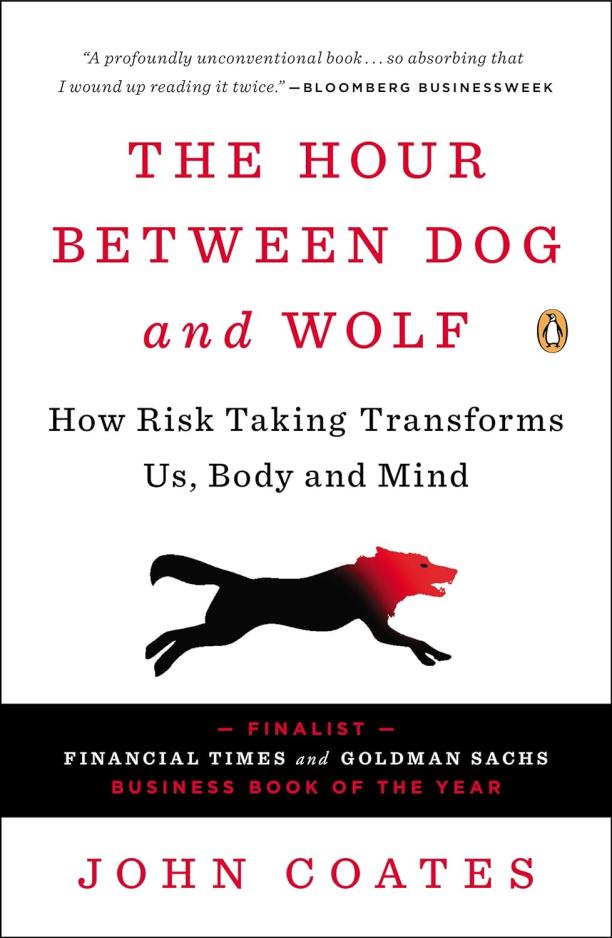
The Hour Between Dog and Wolf
How Risk Taking Transforms Us, Body and Mind
John Coates
The book explores the connection between physical responses and risk-taking behavior, particularly in the financial world, examining how stress and hormones like adrenaline and cortisol can influence traders' decisions and potentially destabilize markets. It delves into the biological underpinnings of economic decision-making and the implications for understanding market behavior and managing risk.
See full summary